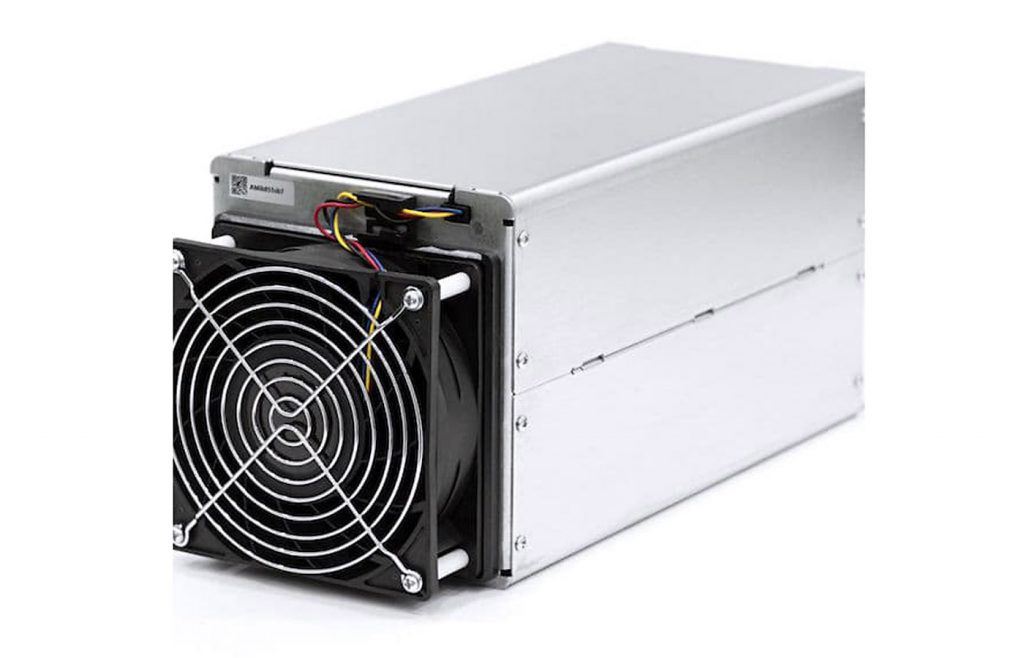
Probably the oddest thing about Bitcoin, a virtual currency on the Internet, is that you can make the coins yourself. And having made those coins, you can then exchange them for real money: $115 per coin as I write this in May 2013.
Bitcoin was in the news earlier this year, especially in April, when its value rose to $260 after being in the range of $15 in January. And despite having read a number of those news stories, I’m still trying to get a handle on exactly what Bitcoin is.
First and foremost, Bitcoin is a currency, similar to any other currency such as the dollar. But what makes it different is that there’s no central issuing authority. And nobody’s even quite sure who invented it.
Bitcoin began its life when an anonymous individual or group (writing under the pseudonym Satashi Nakamoto) proposed a protocol for this virtual currency in a technical paper in 2008. In 2009 the first Bitcoin software was released and the first coins themselves became available.
What’s a Bitcoin look like? It’s basically a bit of highly secure computer code that resides on your computer and is represented on your computer with a coin icon. If your hard drive crashes and all your data is lost, so are your Bitcoins—in just the same way your dollar bills are gone if you happen to lose them.
So why on earth would someone pay you $115 for one of these coins? Just for the same reason that a piece of paper (say, a $100 bill) can be spent on real goods: agreement among individuals that this currency has value.
And why have people agreed that this virtual currency has value? Because it has some appealing features. It’s quite an elegant idea.
First of all, Bitcoins are hard to make, just like gold is hard to find. You can download the software to your computer and start it cranking away at solving the very difficult mathematical problems necessary to create a coin. Last year a friend of a friend actually bought a computer with a speedy processor just for the purpose of letting it run 24 hours a day as it attempted to do the work necessary to create Bitcoins. But even then you might not be successful. Which is why people tend to join pools so that a group of computers cranks away at creating them. Plus, as more Bitcoins are created, the computer algorithm they’re based on makes it more difficult to create new coins.
A second appealing feature of this currency is that the ultimate supply of Bitcoins is fixed. The number of Bitcoins that can be created is halved every four years until a total of 21 million have been created by the year 2140. This helps avoid inflation. There are currently over 10.5 million coins in existence.
So that’s the nub of the idea: no central issuing authority, but simply an elegant algorithm for creating and controlling the supply.
A surprising number of companies accept Bitcoins as payment, including the webhosting site WordPress. BitcoinStore. com, an online electronics store with a wide range of computers and consumer electronics gear, accepts Bitcoins as payment. Websites such as Spendbitcoins (www.spendbitcoins.com/places) list merchants that accept Bitcoins.
If you don’t want to mine your own Bitcoins, there are many online exchanges where you can buy them. Mt.Gox (mtgox.com) claims to be the world’s largest.
One reason Bitcoins zoomed in popularity earlier this year was the crisis in Cyprus, in which the government took money from depositors. Bitcoins began to look like a safe haven.
Other reasons for their popularity: Libertarians like Bitcoins because the original algorithm limits the supply to a fixed amount. Enthusiasts like them because they live on the Internet and are free of government authority and regulation. Those engaged in illicit activities like them because, just like cash, their transactions can’t be traced. Merchants like them because they bypass the fees of credit card companies. And, of course, the people who bought theirs at $15 and sold them at $260 like them quite a lot.
But some economists say that given the fixed supply, Bitcoins will never have the necessary liquidity to lubricate markets and are therefore ultimately impractical as a medium of exchange. Governments don’t like them because the transactions aren’t taxed.
I like Bitcoins just because this peer-to-peer digital currency shows how an elegant idea can take on a life of its own. Like the Internet itself, or Wikipedia, it’s yet another example of emergent intelligence.
©2013 by Jim Karpen, Ph.D. See JimKarpen.com
